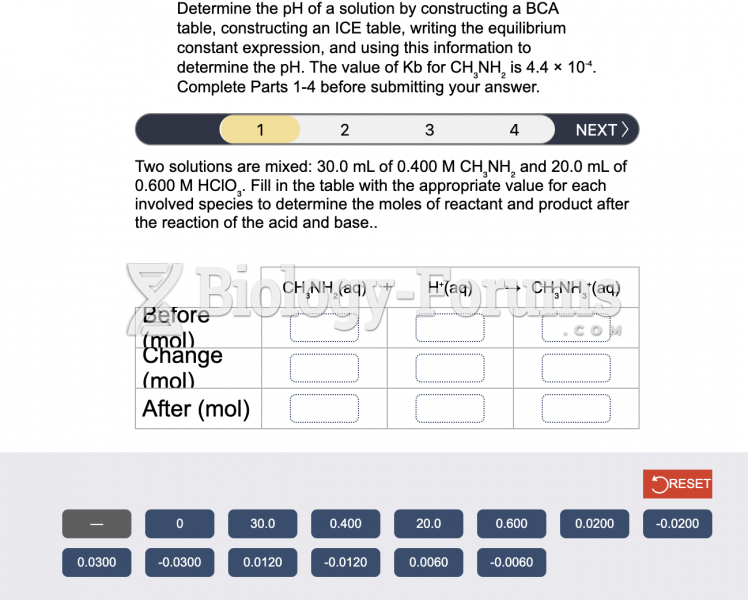Answer to Question 1
A contract is an enforceable set of promises to take certain actions over the future. A buyer might promise to pay a prearranged price for delivery of 100 units of some good next Friday, but she might also want more or fewer depending on events that will take place between the agreement date and next Friday. The seller must incur costs to arrange a flexible supply sufficient to meet the buyer's desires in the event she wants more. If the seller decides to sell part of his inventory before Friday to an outsider who is offering a very high price, he risks being unable to fulfill the agreement and may have to compensate the buyer for some or all of her lost benefits. A contract like this with a flexible take will likewise probably require the buyer to compensate the seller if she abandons him for someone offering a lower price. Seemingly restrictive provisions like these exist because at the time of agreement both parties perceive that the benefits of the contract taken as a whole exceed the gains from having free access to other potential trading partners (often called counterparties). The seller's creditors might finance his inventory on better terms if they are sure that a buyer exists, and the buyer avoids the costs of last-minute shopping (including higher prices) in the event she unexpectedly wants more of the good. If the buyer wants to pay a month after taking delivery and no sooner, the seller will probably also take precautions both inside and outside of the contract. He will probably check her credit records, and the contract will likely charge her for the lost interest that could have been earned on an earlier payment.5 Each party may also informally ask acquaintances about experiences that might better help them understand the other's character. Before they form a contract both the buyer and seller will solicit offers from other counterparties and engage in preliminary negotiations. It is helpful to view these precontract activities as actions in a market where people search for information about counterparties and their terms before settling on the ones that best suit their situations. The movement from markets as a place where people to compare the evaluations of goods to contracts is an important one. Contracts will be more costly to arrange and enforce than spot market transactions, but they can also bring benefits that are unobtainable in spot markets.
Answer to Question 2
B







